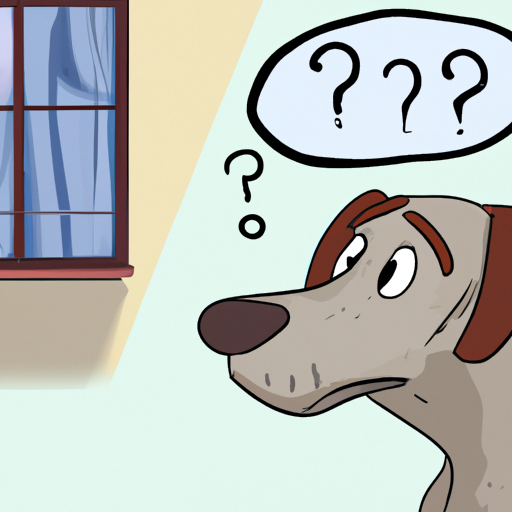Every pet owner has asked this question at least once: What do dogs think when you leave? It’s a question that stirs up feelings of guilt, curiosity, and concern. We’re here to shed some light on this mystery.
Table of Contents
- Understanding the Canine Mind
- Signs of Separation Anxiety
- The Role of Training
- Frequently Asked Questions
Key Takeaways
- Dogs’ emotional responses can vary widely when their owners leave.
- Separation anxiety in dogs is a common issue.
- Training and conditioning can help dogs cope with their owners’ absence.
- Dogs live in the moment and don’t perceive time the same way humans do.
Understanding the Canine Mind
Dogs are social animals, and they form strong bonds with their owners. When you leave, your dog may experience a range of emotions. Some dogs may become anxious, while others might get bored or even enjoy the solitude. It all depends on the dog’s personality, age, and past experiences.
Dogs live in the moment and don’t perceive time the same way humans do. They don’t have a concept of future or past, so they don’t understand when or if you’ll come back. This uncertainty can lead to anxiety in some dogs. According to a study published in Physiology & Behavior, the first 30 minutes after an owner’s departure are the most stressful for a dog.
Signs of Separation Anxiety
Just like humans, dogs can suffer from separation anxiety. This condition is characterized by signs of distress when a dog is left alone. Here are some common signs of separation anxiety in dogs:
- Excessive barking or howling
- Destructive behavior
- Pacing
- Attempts to escape
- Excessive salivation
You can learn more about identifying these signs in your dog by visiting this page on our website.
The Role of Training
Training plays a crucial role in helping your dog cope with your absence. One effective method of training is desensitization, which involves gradually getting your dog used to being alone. Start by leaving your dog alone for short periods and gradually increase the duration of your absence.
Additionally, you can use positive reinforcement to make your departures less stressful for your dog. For example, you can give your dog a treat or a new toy before you leave. This creates a positive association with your departure.
For more tips on training your dog to cope with separation anxiety, check out this article on our website.
Frequently Asked Questions
Q: Do dogs remember their owners after a long absence?
A: Yes, dogs have a strong memory and can remember their owners even after a long absence.
Q: How long does it take for a dog to forget you?
A: Dogs have a good memory and it’s unlikely that your dog will completely forget you, even if you’ve been gone for a long period.
Q: Do dogs get sad when you leave them alone?
A: Some dogs may feel sad or anxious when left alone. This is more common in dogs with separation anxiety.
Q: How can I make my dog feel less anxious when I leave?
A: Training and conditioning can help reduce your dog’s anxiety. You can also consider leaving your dog with a familiar item, such as a piece of clothing that smells like you.
In conclusion, dogs have a range of emotional responses when their owners leave. By understanding these responses and taking steps to make your departures less stressful, you can help your dog cope with your absence. To learn more about dogs and their behavior, visit our blog.



